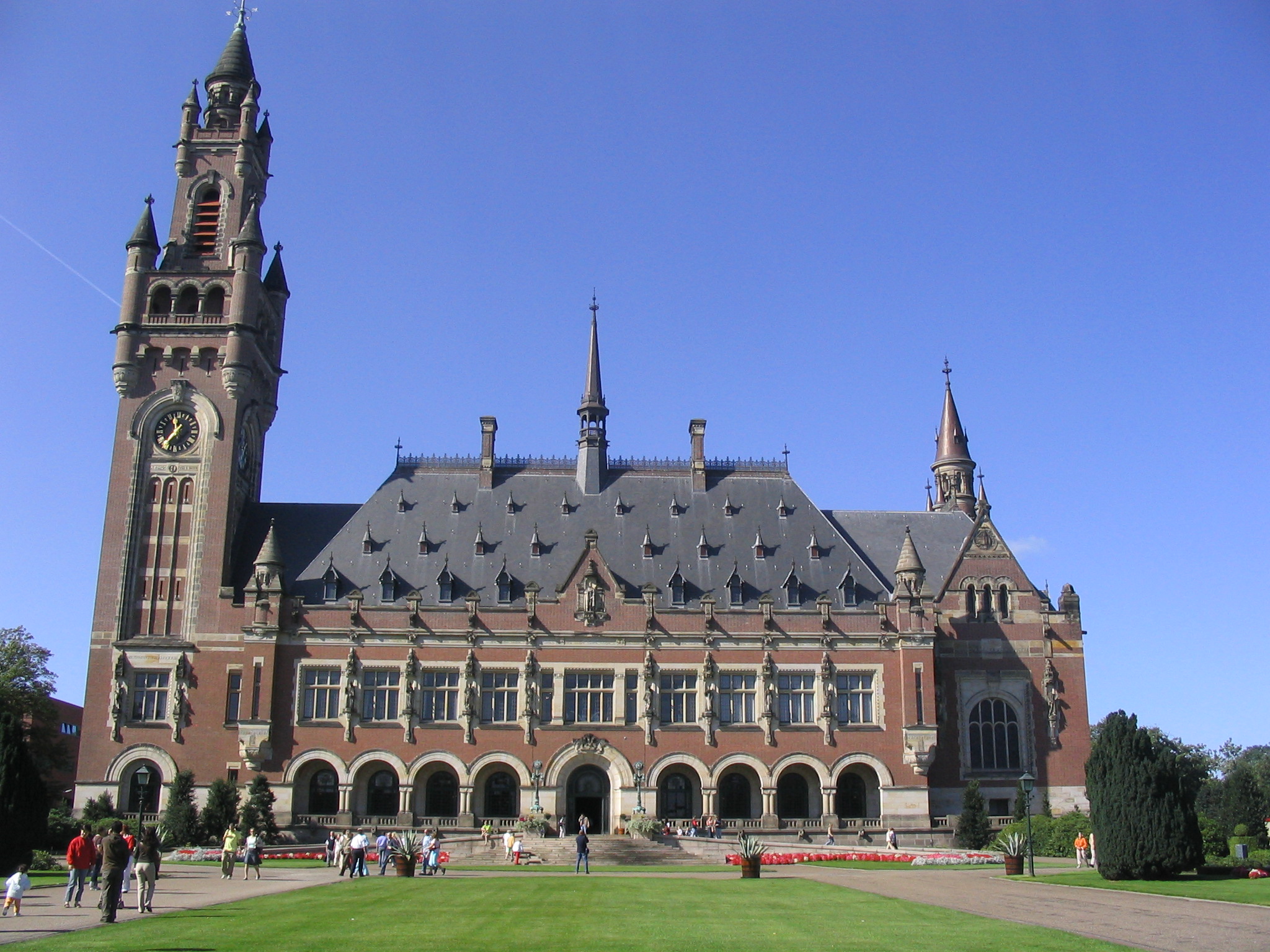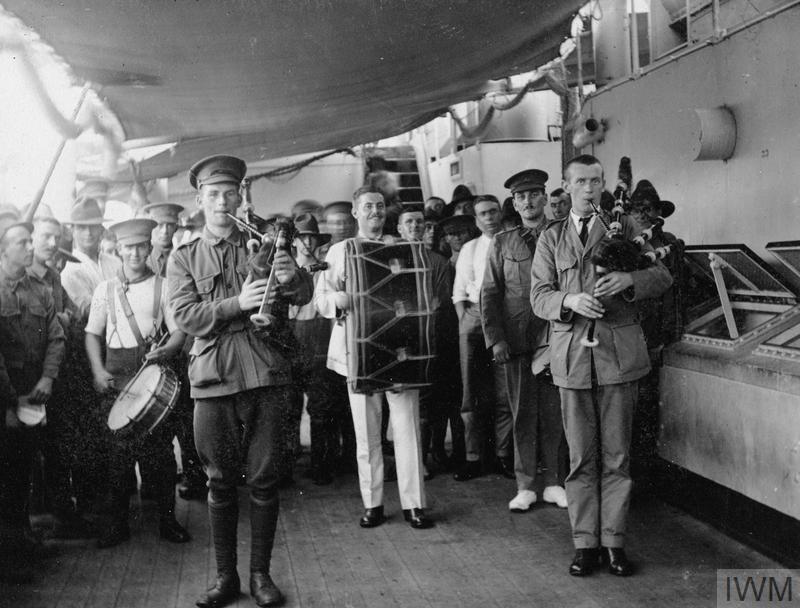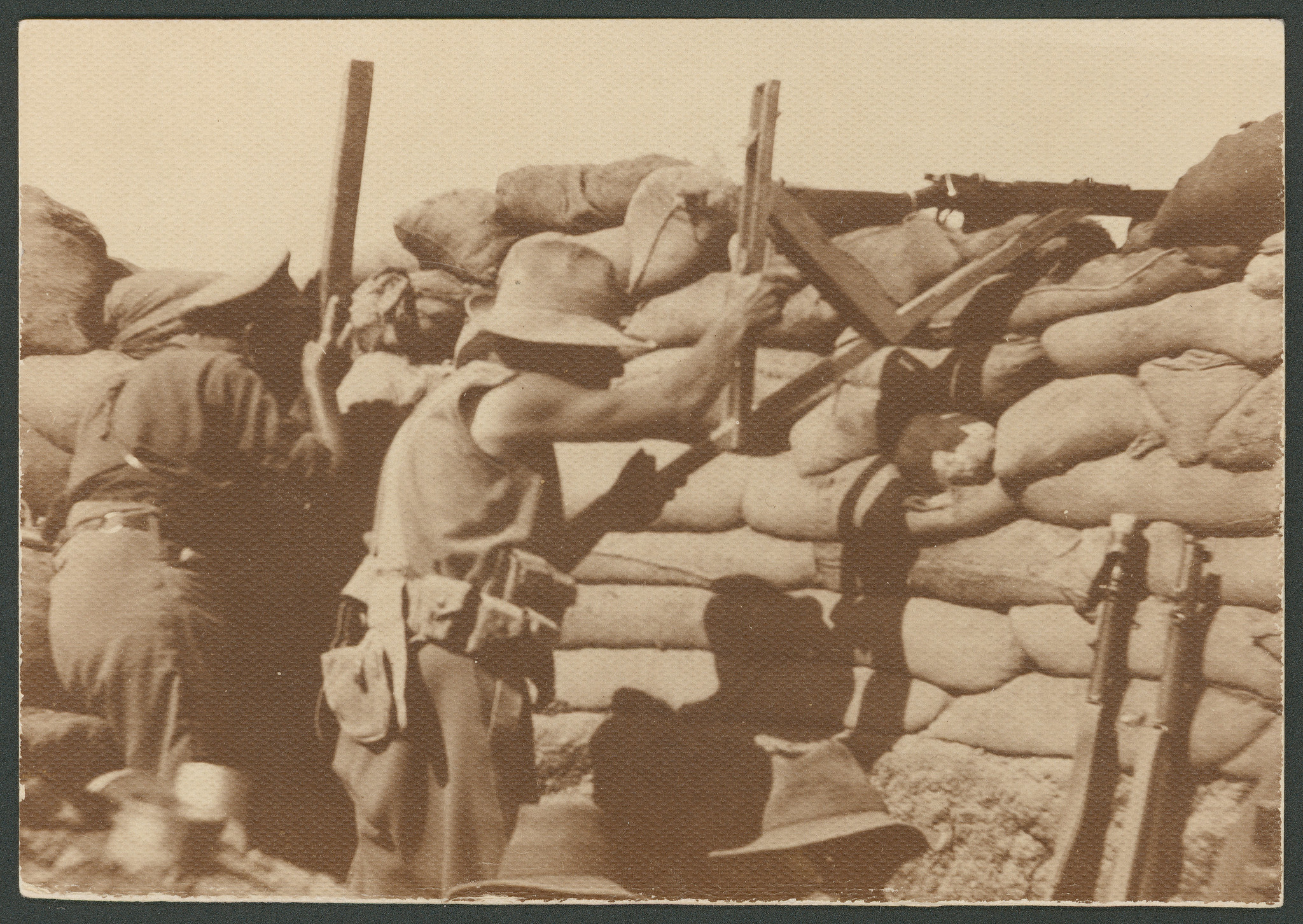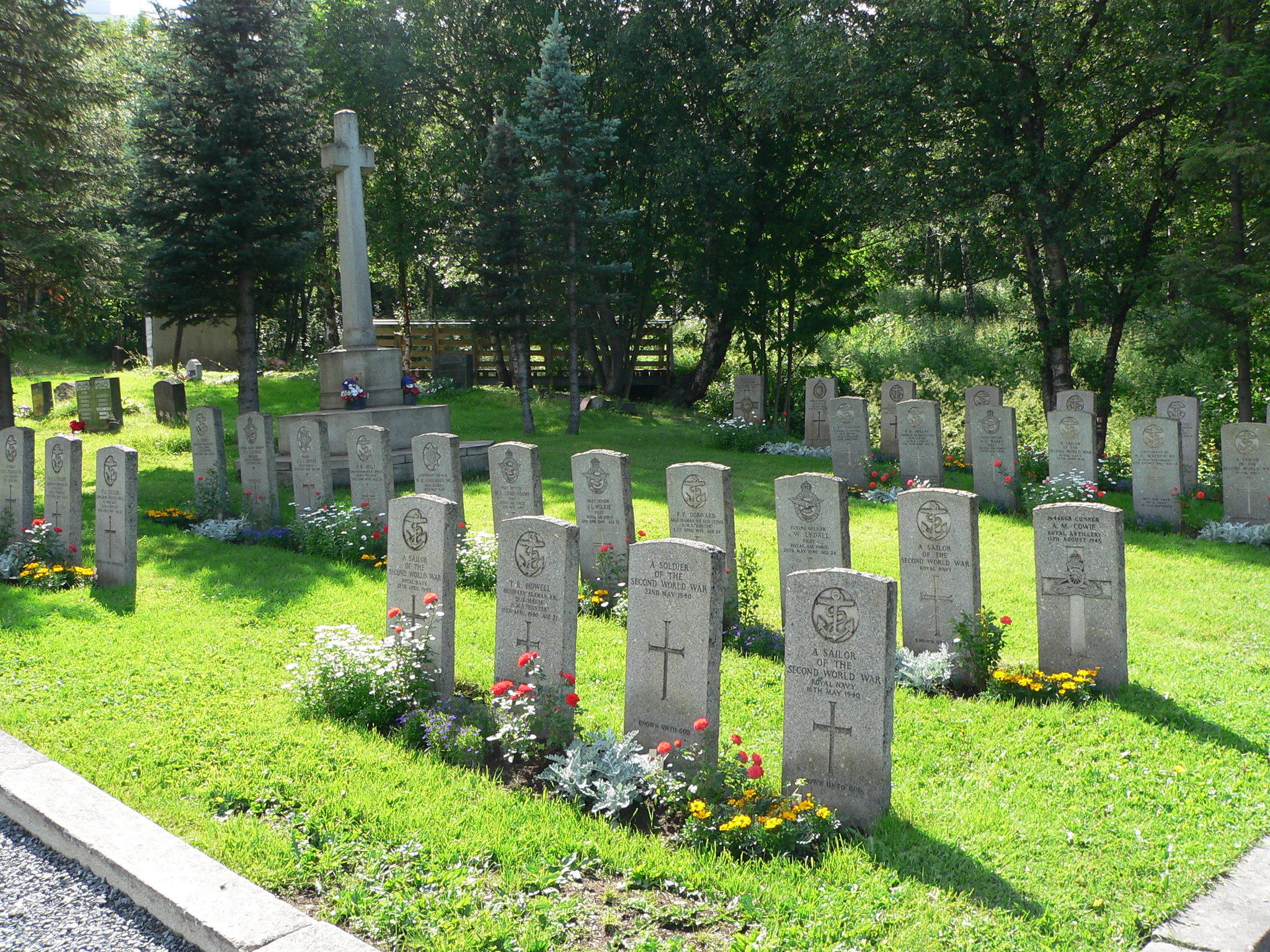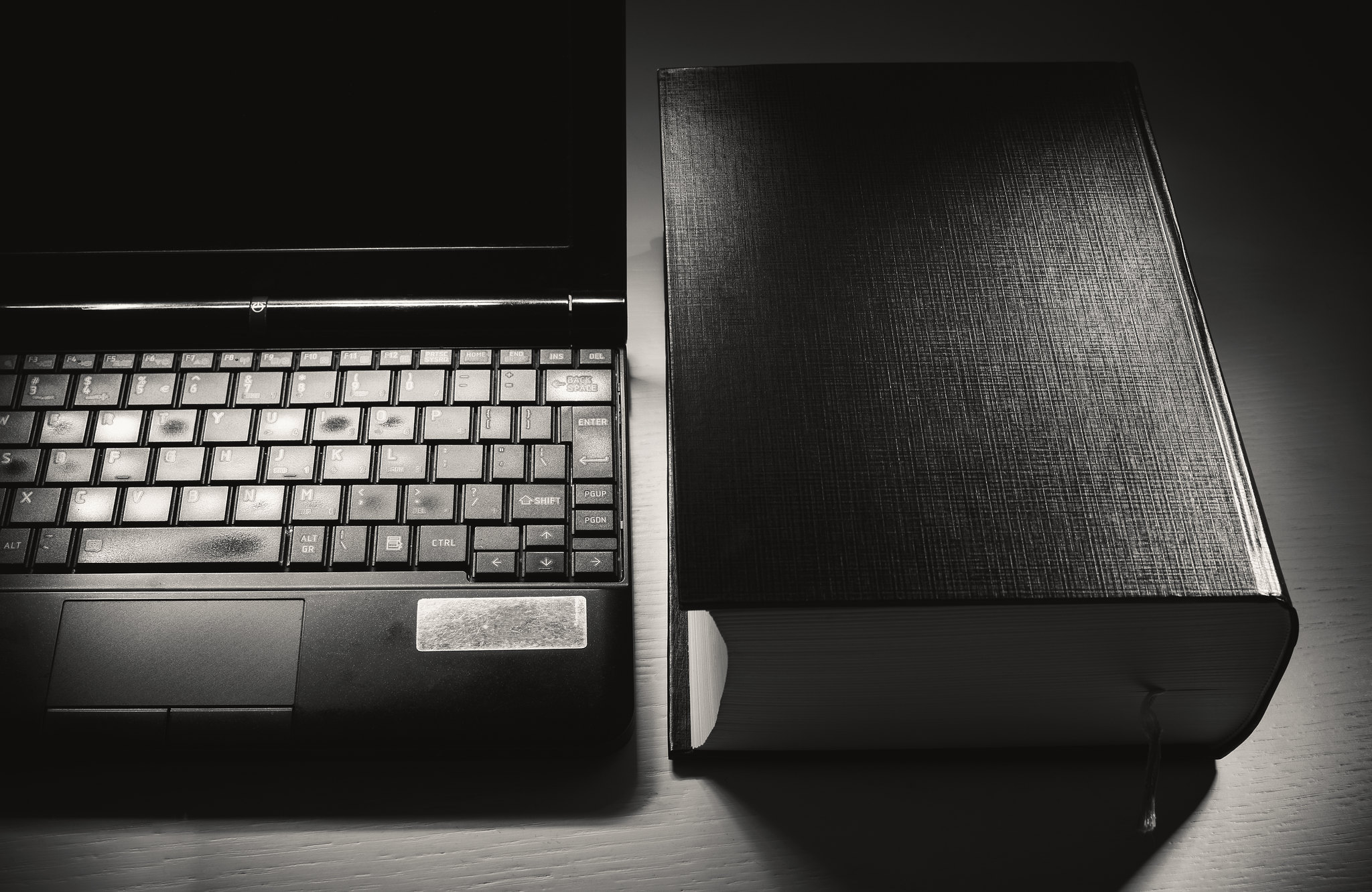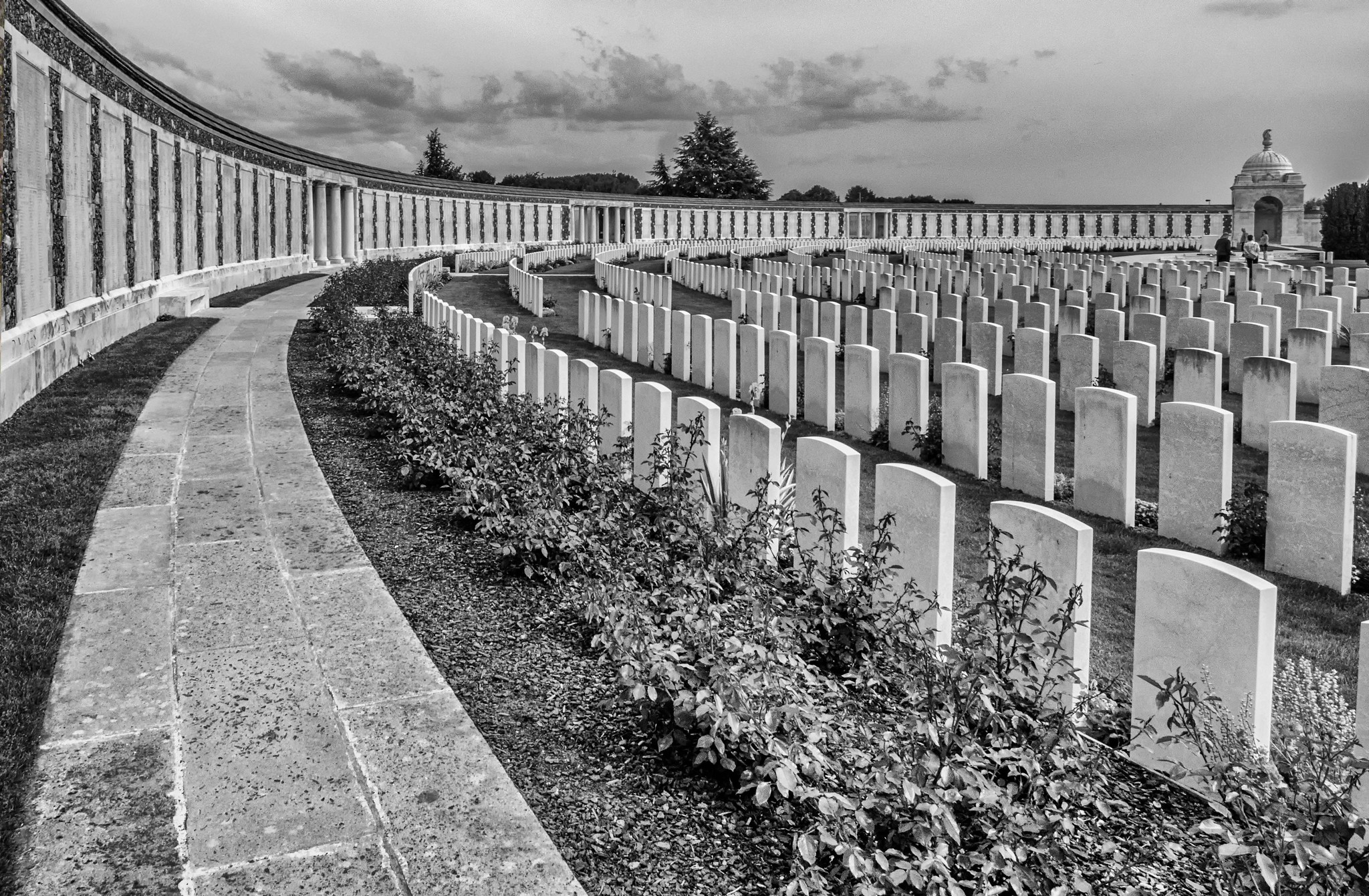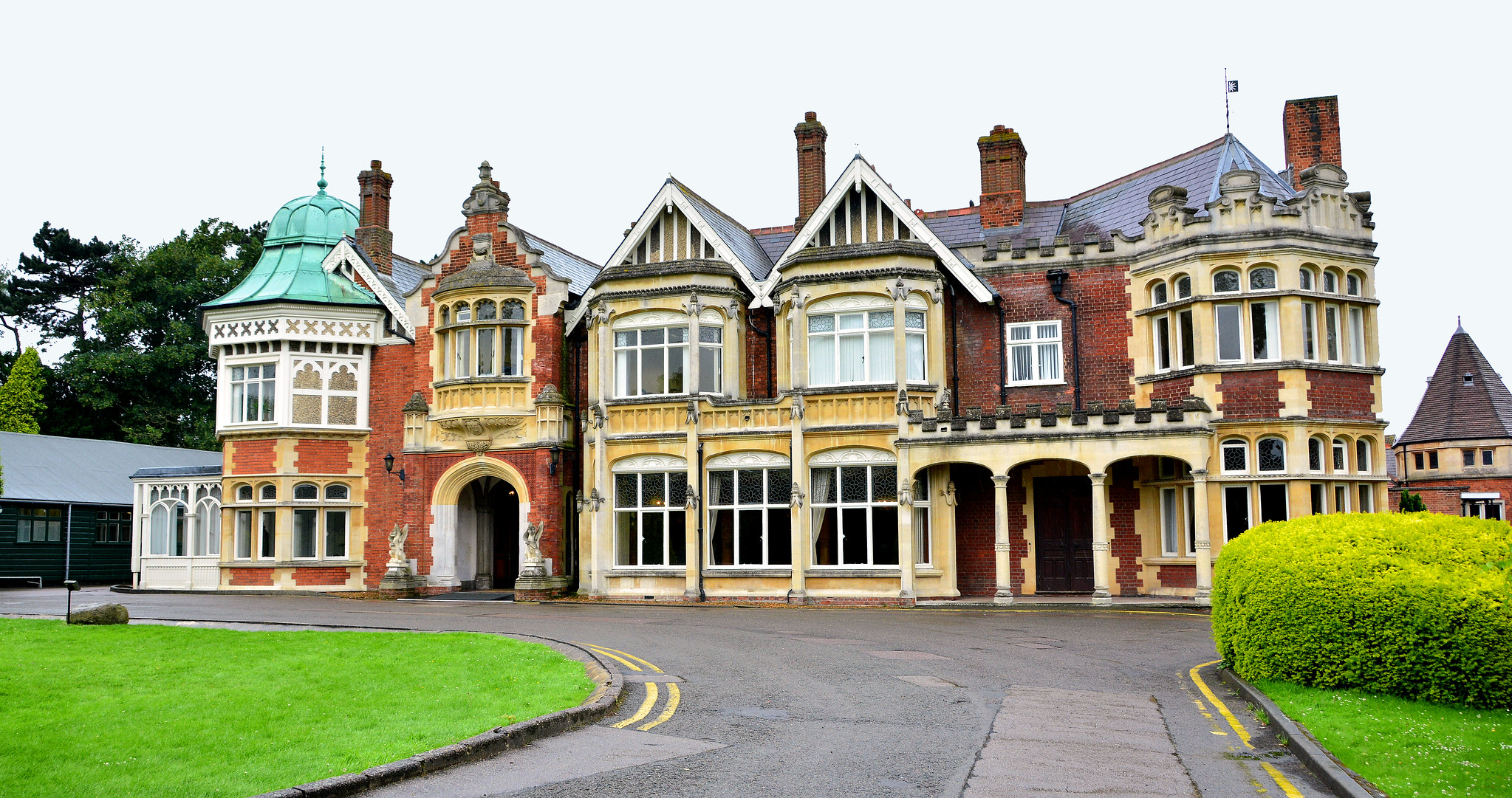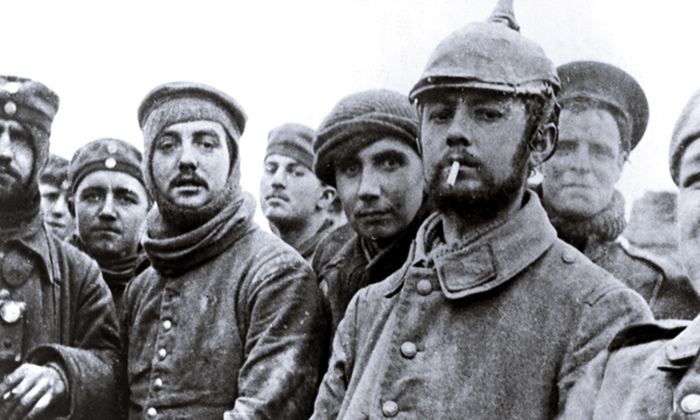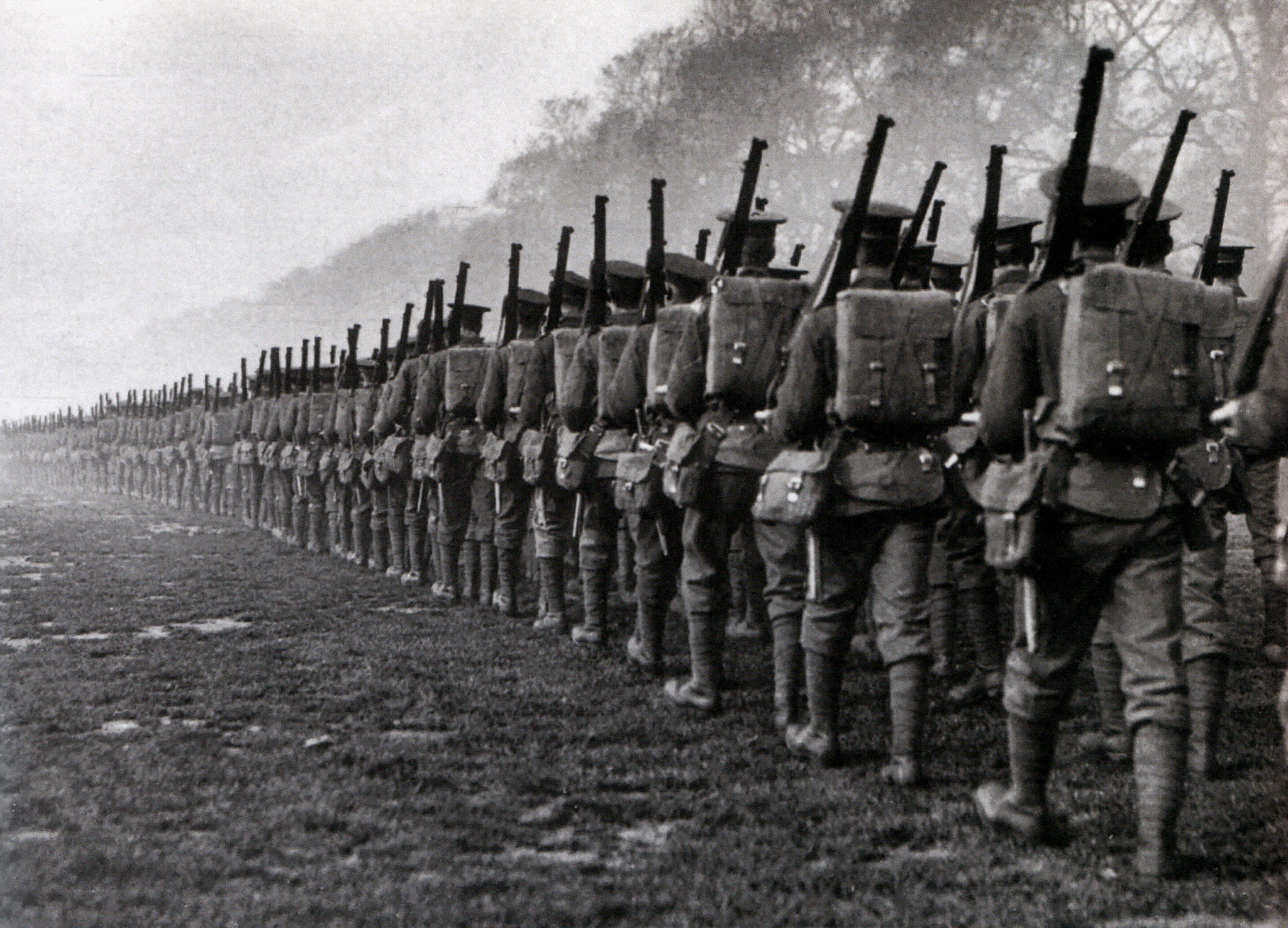In the history of warfare, neutrals rarely feature. When they do, they tend to be relegated to the peripheries, as marginal characters in a belligerent drama that takes centre stage. Unsurprisingly, then, ‘Neutrality Studies’ is not a well-established academic field, although there are more than a few scholars who specialise in neutrality. Still, no academic journal is dedicated to the subject, and no Anglophone academic publisher specialises in the field.
Leave a CommentTag: First World War
Reviewed by Dominiek Dendooven
While reading Sounds of War I was reminded of my late grandma. Born in 1908, she spent the war years in Café Transvaal near the station of Poperinghe, next to a large storage hall. Maybe this was the very same place the Guards converted into a theatre, as related by Emma Hanna in her fine book. Much chance then that the child later to become my granny witnessed British army bands performing there. Anyway, ‘oma’ often recollected how the British troops marched towards Ypres preceded by a band and singing loudly, adding: “But when they returned from the trenches they were no longer singing. Oh no”.
Leave a CommentWritten by Julian Daggett.
General Allenby, as Basil Liddell Hart observed, was something of an enigma. In the public eye he became both a great and popular First World War general. His war, however, did not start well. The official historian, James Edmonds, held that his career in France was one of ‘gross stupidity’. Allenby was a cavalry officer; at the outbreak of the war he commanded the Cavalry Division and – by late 1915 – Third Army. He also commanded a fearsome reputation, being known as ‘the Bull’ – a rough, headstrong general who just butted forward in a blind sort of fashion. The initial, tactically impressive, triumph of Third Army at The Battle of Arras (1917) almost changed Allenby’s reputation on the Western Front. But the triumph was short-lived; the fighting soon turned into the familiar attritional grind and Allenby reverted to type. Three of his divisional commanders broke ranks and complained to Haig about Allenby’s murderous orders. In June 1917 Allenby was recalled to Britain.
Leave a CommentReviewed by Ellena Matthews.
Over the last 30 years an increasing number of historians have explored the social and cultural history of death in the twentieth century. Lucy Noakes’ Dying for the Nation builds upon these studies to show that an analysis of death in wartime enhances our understanding of the Second World War. Through examining how death impacts upon individuals, communities and the state, Noakes illustrates that the management of death, grief and bereavement shaped the impact of wartime loss during the war years and in the immediate post-war period.
Leave a CommentWritten by Mario Draper.
Were someone to walk into any room of historians and mention the word ‘technology’, they would undoubtedly illicit a reaction. Contrary to popular opinion, it may not always be that of fear-induced negativity, but rather an increasing acceptance of how digital media can enhance what academics already do. Teaching and research are the bread and butter of the academic profession and both are becoming increasingly entwined with the world of online dissemination. One need look no further than the importance attached to pubic engagement elements of research; much of it achieved through the streaming of events, the writing of blog posts, the recording of TV shows and podcasts, never mind the casual posts, rants, and streams of consciousness so prevalent on social media.
Leave a CommentWritten by Megan Kelleher.
As COVID-19 continues to be a key discussion point worldwide, the heritage sector is continuing to adapt to suit the needs of the public. One such organisation is the Commonwealth War Graves Commission (CWGC), who care for the graves and memorials of the 1.7 million men and women who died in the armed forces of the British Empire during the First and Second World Wars. While the CWGC’s work is often at the forefront of much of the commemorative services for key anniversaries of the two World Wars, much of the day to day work it conducts has only recently begun to be told to the public through their website and ever-increasing social media presence. Their digital output has grown dramatically in light of the current crisis, and details of a selection of some of these online resources are detailed below:
Leave a CommentWritten by Kate Docking.
In light of the closure of libraries and archives around the word, generated by the current COVID-19 crisis, many historians are now utilising online resources for research purposes. For the study of the history of war, media, society, there is a wealth of enriching digital material at our fingertips; much of which is free to access and can be used at any time, from anywhere. A selection of these resources, which include online courses, archives, journals and magazines, blogs, podcasts, and online lectures, is detailed below.
Leave a CommentWritten by Oliver Parken.
Space plays a central role in the conduct and experience of war. Combat and violence are words which bring immediate associations to physical and imagined space––the First World War and the visceral imagery of the ‘Western Front’, for example. Yet as warfare transformed and expanded during the twentieth-century, so too did its spatial dimensions. Organised jointly by Oliver Parken and Ellie Matthews, ‘Spaces of War: Spatial Perspectives of Modern War and Conflict’ sought to question the relationship between space and place in the context of modern warfare––exposing the myriad ‘sites’ through which space runs as a conceptual theme for scholars working on modern war and conflict. Although it was anticipated the event would stretch across a range of contexts, particularly in terms of time and culture, the final programme of papers focused on the twentieth-century and the experience/aftermath of the World Wars.
Leave a CommentWritten by Natasha Silk.
The Christmas Truce forms one of the central focal points for the modern memory and commemorations of the First World War. Terri Blom Crocker in her exploration of the subject, has suggested that behind this myth that all soldiers ceased hostilities in rebellion against war is actually a complicated story. She argues that through its mythology and position in modern memory it has become a reflection of modern anti-war sentiment. Within the cultural memory of this event, the idea that British and German soldiers played football up and down the frontline is the dominant narrative. As Stanley Weintraub explored in Silent Night: The Remarkable Christmas Truce of 1914 (2001), there is evidence to suggest that there were a number of football matches in no man’s land between the British and the Germans, however, it was not widespread. Weintraub pointed to examples where the Germans refused to participate and the British played the matches alone. Yet, the idea that soldiers ceased hostilities and played football during the season of peace and goodwill to all men holds a certain charm for modern audiences. It allows for the myths and widespread interpretations which have existed since the war to endure. This being, that the soldiers of 1914 were just ordinary men fighting a war that they did not want, forced to fight by politicians who did not understand, or care, about the horrors of war.
Leave a CommentReviewed by Pip Gregory.
Eberhard Demm’s Censorship and Propaganda takes on a vast task in attempting to provide a comprehensive insight into First World War propaganda. There is an abundance available out there, across all combatant nations, and its relationship with censorship adds further levels of complexity. There are studies that address aspects thereof, but tying that all together is a daunting task. Demm’s new book builds upon his fabulous articles for the online encyclopaedia 1914-1918, plus a number of other works. This new and highly comprehensive volume presents a depth of analysis around propaganda; its design, influence and those who controlled and contributed to it, as well as considering its impact, and legacy that has otherwise been lacking in other studies. Naturally, within Demm’s study of both censorship and propaganda there are aspects for which there is more evidence available, namely the propaganda, and others less so, but what evidence Demm has found he has utilised effectively to demonstrate the value of the widespread of wartime propaganda and its partner in (avoiding) crime, censorship.
Leave a Comment
